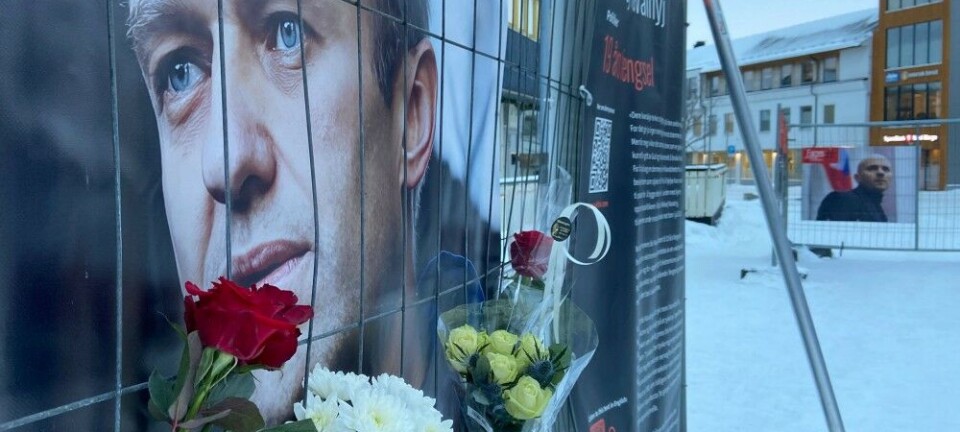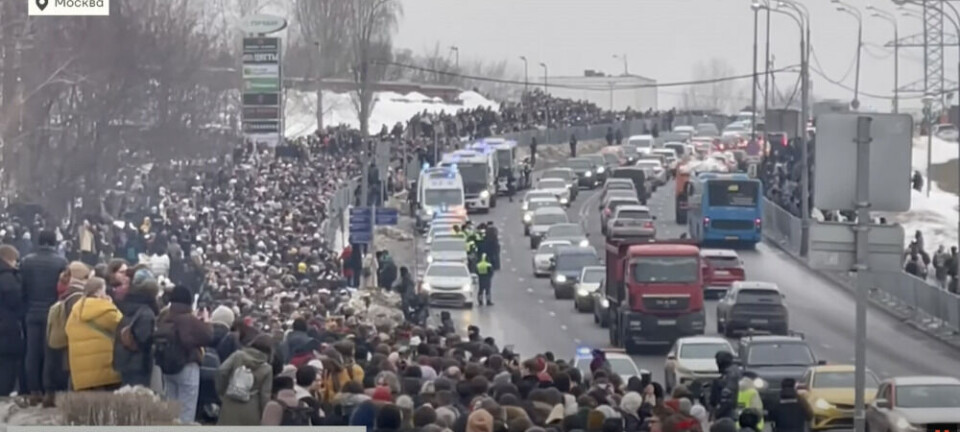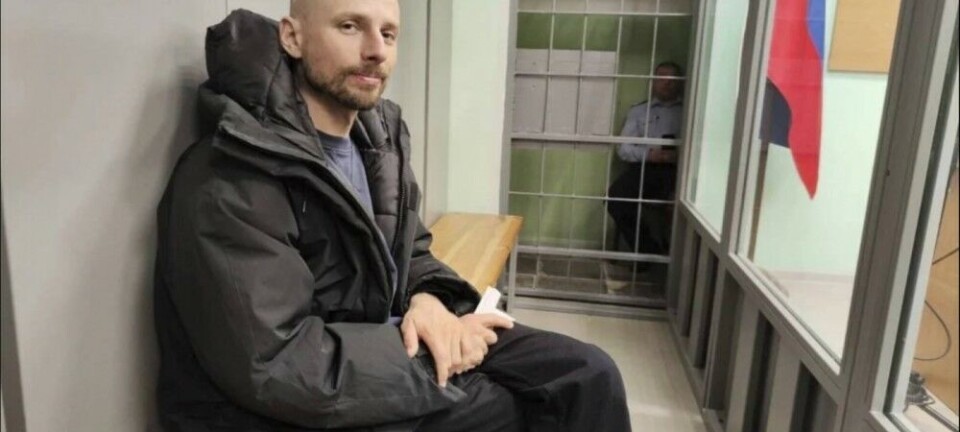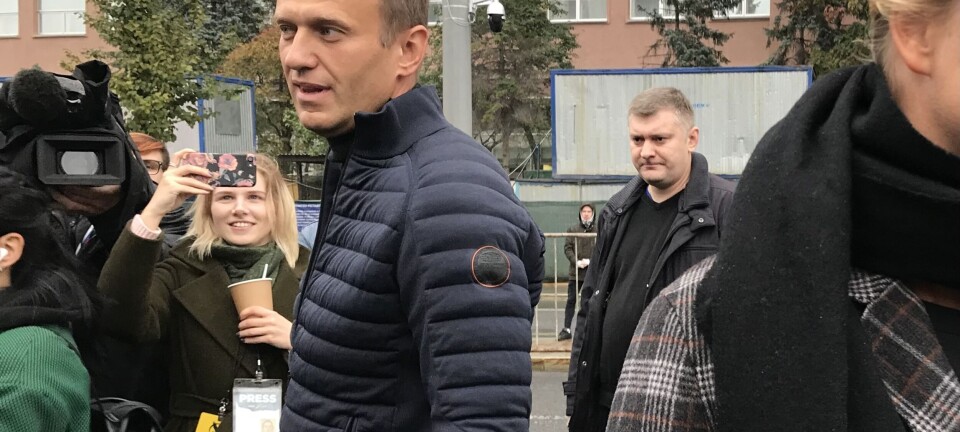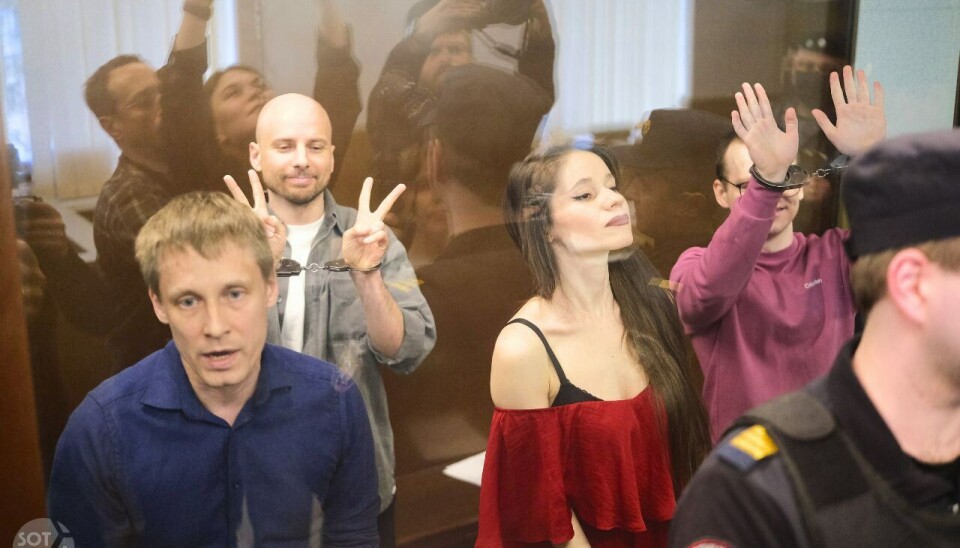
Journalists get 5,5 years in prison for 'extremism'
In a closed session, the Moscow court sentenced four journalists to 5.5 years imprisonment for their alleged participation in an 'extremist' community.
The Nagatinsky District Court of Moscow has sentenced journalists Antonina Favorskaya (Kravtsova), Sergey Karelin, Konstantin Gabov, and Artem Kriger — to 5,5 years in a general regime prison colony.
The journalists are accused of participating in an “extremist community”, which the authorities consider to be Aleksei Navalny's Anti-Corruption Fund. Earlier, the prosecution requested 5 years and 11 months of imprisonment for each of them.
During the announcement of the verdict, a strict ban on filming was imposed, writes Mediazona. “Anyone who raises a camera will get 15 days” - warned the court bailiff to the journalists who came to cover the process.
The trial of the journalists was held in a closed session, so the details of the charges are completely unknown.
According to the investigation, all four carried out tasks related to the production and distribution of media content for structures officially recognised as 'extremist' in Russia. In particular, Favorskaya was accused of filming reports for the Anti-Corruption Fund. The journalist covered court sessions involving Aleksei Navalny, including remote hearings from the prison colony in the village of Kharp, where the politician was serving his sentence until his death.
Antonina Favorskaya also recorded the last video with Navalny a day before his death — during his court appearance via video link. The investigation regarded her actions as "conscious participation in the informational activities of an extremist community".
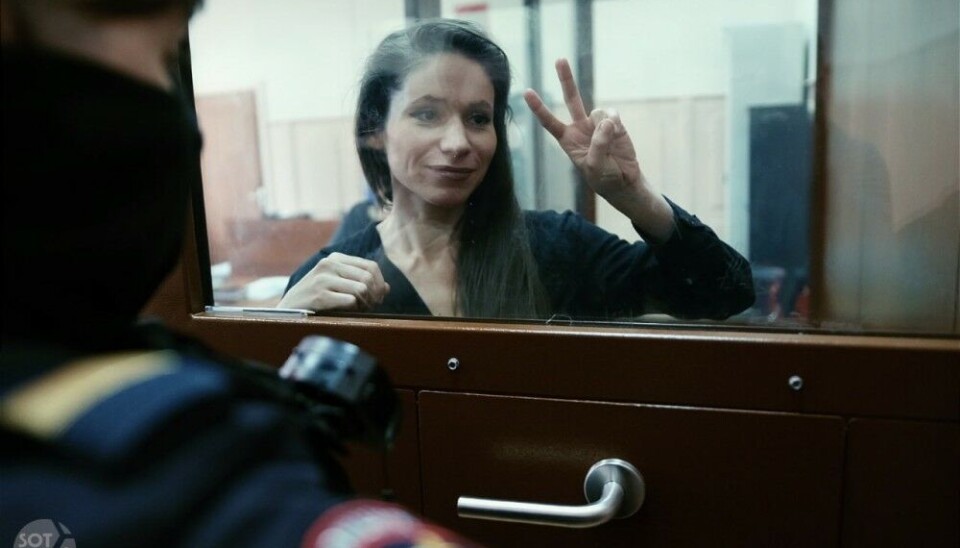
Artem Kriger, Favorskaya's colleague at SotaVision, and two freelancers from Navalny LIVE — videographer Sergei Karelin and journalist Konstantin Gabov — were also charged with creating media content published on resources associated with the Anti-Corruption Fund. This could include street interviews, documentary clips, and interviews filmed on editorial assignments and subsequently posted on YouTube and social media.
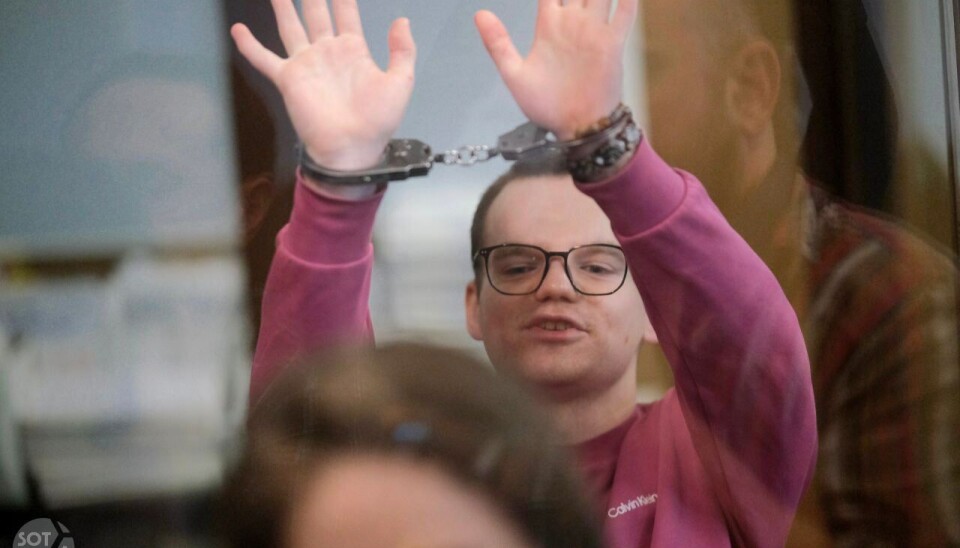
Moscow residents Karelin and Gabov were detained in April 2024 in different regions of the country, on the same day. Sergei Karelin also holds Israeli citizenship. Artem Kriger was detained in June in Moscow. Since their arrest, all four have been held in pre-trial detention. The lawyers emphasised that the journalists were fulfilling professional duties, not participating in the activities of a political organisation.
The Anti-Corruption Foundation Case
The Anti-Corruption Foundation, founded by Alexei Navalny in 2011, existed as a non-profit organisation since 2013 and was engaged in anti-corruption investigations. On 9 June 2021, the Moscow City Court, at the request of the Moscow Prosecutor's Office, recognised the foundation, the Citizens' Rights Protection Foundation, and Navalny's headquarters as 'extremist organisations.' The court session was held behind closed doors, and neither the reasoning part of the decision nor the evidence presented by the prosecution has been published in open access.
Since June 2021, the activities of these structures have been completely banned. Participation or assistance in their work has been classified as a criminal offence. This led to a massive wave of repression under articles on extremist activities.
Repressions against former employees and supporters
Since 2022, former employees of Navalny's headquarters have been arrested and put on trial:
Liliya Chanysheva, former head of the regional headquarters in Ufa, Bashkiria, was sentenced to 7.5 years in prison. She was later released as part of a large-scale prisoner exchange between Russia and Western countries.
Vadim Ostanin (Barnaul) — 9 years.
Ksenia Fadeeva (Tomsk) — 9 years. Like Lilia Chanysheva, she was released.
Daniel Kholodny, former technical director of 'Navalny LIVE' — 8 years.
Aleksei Navalny — in August 2023 received 19 years in a special regime colony.
In October 2023, Navalny's lawyers were arrested — Aleksei Lipcer, Vadim Kobzev, and Igor Sergunin. They are accused of participating in an extremist community. The investigation believes they were transmitting information between Navalny and other figures.
Criminal cases for donations
Since 2022, the Investigative Committee has been initiating cases against ordinary citizens who donated funds in support of the FBK. The basis was bank transfers and data leaks. These cases are initiated under the article on financing extremist activities to this day.
The murder of Aleksei Navalny
On 16 February 2024, the Federal Penitentiary Service reported the death of Aleksei Navalny in a colony in the Yamal-Nenets Autonomous Okrug. According to the official version, he died after a walk, "feeling unwell".
The first information came from the Federal Penitentiary Service a few hours after the incident. Immediate access for lawyers and relatives to the body was not provided. An independent forensic examination is still impossible to conduct, as the official investigation is controlled by state authorities. Navalny's team has not yet published the results of their investigation.
At the time of his death, Navalny was serving a 19-year sentence on charges of extremism, fraud, and contempt of court. Previously, he had been repeatedly punished with solitary confinement, including for accusations of "an unbuttoned button", "improper address to staff", and other "disciplinary grounds".

